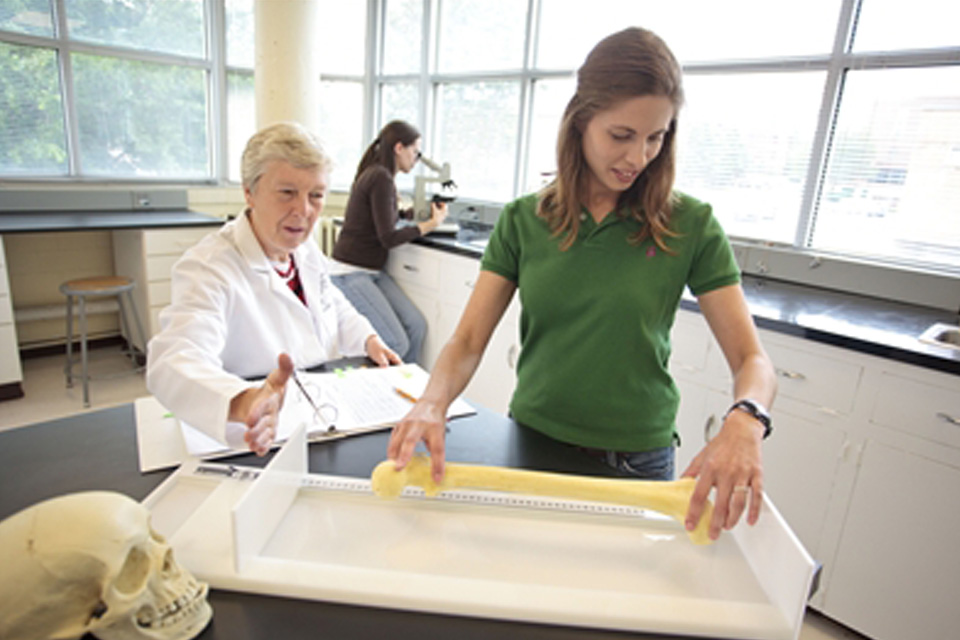Although Saint Louis University's Department of Sociology and Anthropology covers a wide range of topics, our students and faculty are united by theoretically informed empirical analyses of the timeless questions of the human condition.
What We Do
Anthropology means "the study of humans" and involves both sociocultural and biological aspects of humankind. Anthropology students examine human cultural and biological variation and human complexity through a combination of scientific and humanistic methods. The anthropology program at Saint Louis University is holistic, historical and interpretive, highlighting both conceptual understanding and hands-on fieldwork experience.
Sociology is the scientific study of human groups, their characteristics, changes, causes and consequences. Through teaching, research and service, faculty and students in the sociology program reveal a critical understanding of how people relate to one another through the organization of society and how its structures and cultures influence our lives. Subject matter in sociology courses ranges from family life to large-scale organizations, from crime to religion, from the divisions of race and social class to the shared beliefs of a common culture, from poverty to prosperity, from the sociology of work to the sociology of sport.
The study of geographic information systems (GIS) combines geospatial theory, practical training and remote sensing software. The program prepares students to become experts qualified to meet the increasing demand for experts in geospatial analysis. Students apply GIS, remote sensing, geovisualization, spatial analysis and statistics, database management and GIS programming within natural science, social science, and integrative human-environment domains using innovative technologies and software programs (e.g., ArcGIS, ENVI+IDL, SARscape, R).
